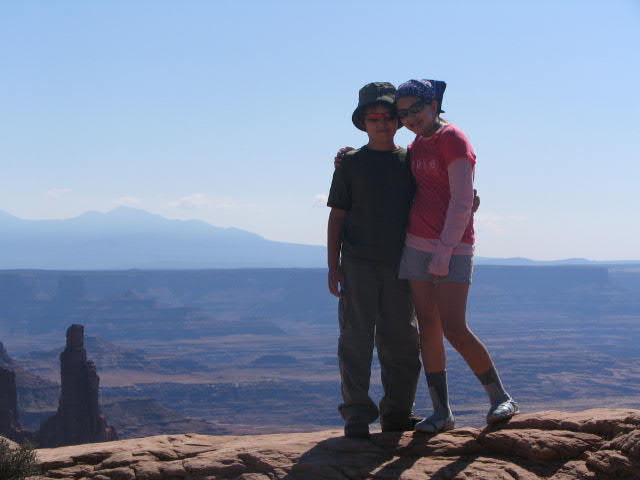Labels can also hinder. When something is more complicated it becomes harder fully capture it within a label. Go ahead - use a political party label to describe two different person's ideologies & see if they are really identical.
In the microcosm of radical unschooling, not everyone agrees. Shocking, I know! Most people seem to agree upon a very basic description - that it is self-determined life-long learning utilizing many resources & means to achieve knowledge. Yet read postings on online unschooling groups & one quickly sees that how this plays out in real day-to-day life within families is different. People who consider themselves unschoolers hate being told by someone else that they are not "real" unschoolers. At the same time, whenever an unschooler witnesses or hears about behavior that they deem "not unschooling" it can be hard not to judge. After all, we are still struggling to be understood by those not familiar with our philosophy - we don't want it to be further muddied by behaviors that don't support the philosophy.
"I unschool my kids, except for math." "We unschool for eduction but not for parenting." "That family doesn't represent all unschoolers" "If you didn't unschool right from the start, you're not a true unschooler" "If your kids wants to go to school, you're not a true unschooler" "That's really just unparenting, not unschooling"Which of these statements are valid, which are not? This can get very subjective - I have my own opinion, but it might not be the same as yours. What complicates this even more is that there are times when my behavior does not reflect my radical unschooling beliefs. They are not my proudest moments - moments when I don't have the patience or the time or the connection with my family that I strive to have. There have been times when I absolutely didn't look like a radical unschooling mom.
So, is the radical unschooling label really subjective? Absolutely not! There is still some core principles that need to be present for someone to be a radical unschooler:
- Respect your child as a person
- Value the opinion & needs of everyone in the family
- Be present in your children's lives - help them explore when they are active, engaged & curious and to retreat into themselves when they need to cocoon
- Never shame, never hit!
- Value what they value - you don't have to play World of Warcraft but you should know what characters they play & what level they are at; you don't have to know all the constellations, but you should be engaged in helping them find out more about the cosmos.
- Use logic, not fear, to inform your decisions and behaviors
- Recognize that your value system, be it about religion, food, politics, or entertainment, is not your child's value system. If you disagree with anything your parents believe, then you should be able to recognize your child's right to disagree with you. Don't take it personally - just because they have their own opinions or values doesn't mean they don't love you.
So, when I see that I'm not living up to my radical unschooling principles what do I do? I learn from it - I think carefully about what got in the way & I resolve to handle things better. I don't act like a radical unschooler, I am a radical unschooler & the only way for that to be true is if I keep pushing myself to live a life that follows these principles. After all, I want to be the parent my children need so that they will be the parent their children will need.


I love this!! How easy I find it to label and categorise in an attempt to gain understanding and clarity and yet, like you say, sometimes it hinders rather than helps. I love your list of basic RU principles. I might evenb post that up somewhere as my base line to refer back to. Thanks! :)
ReplyDelete